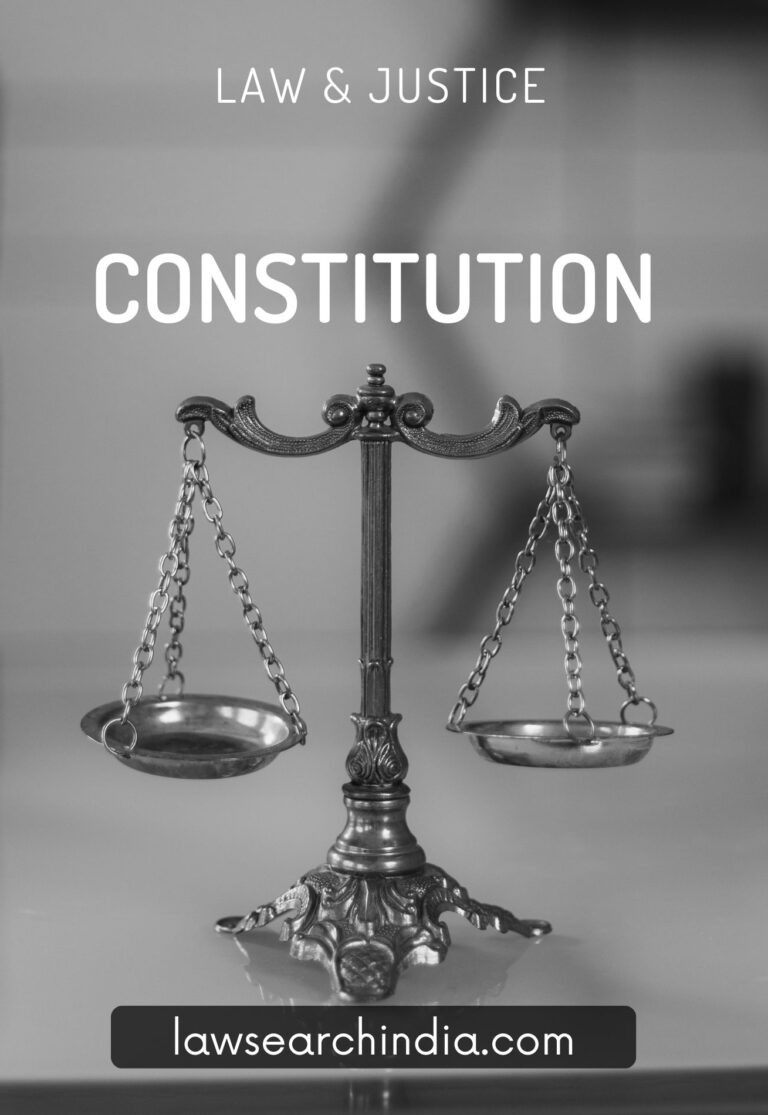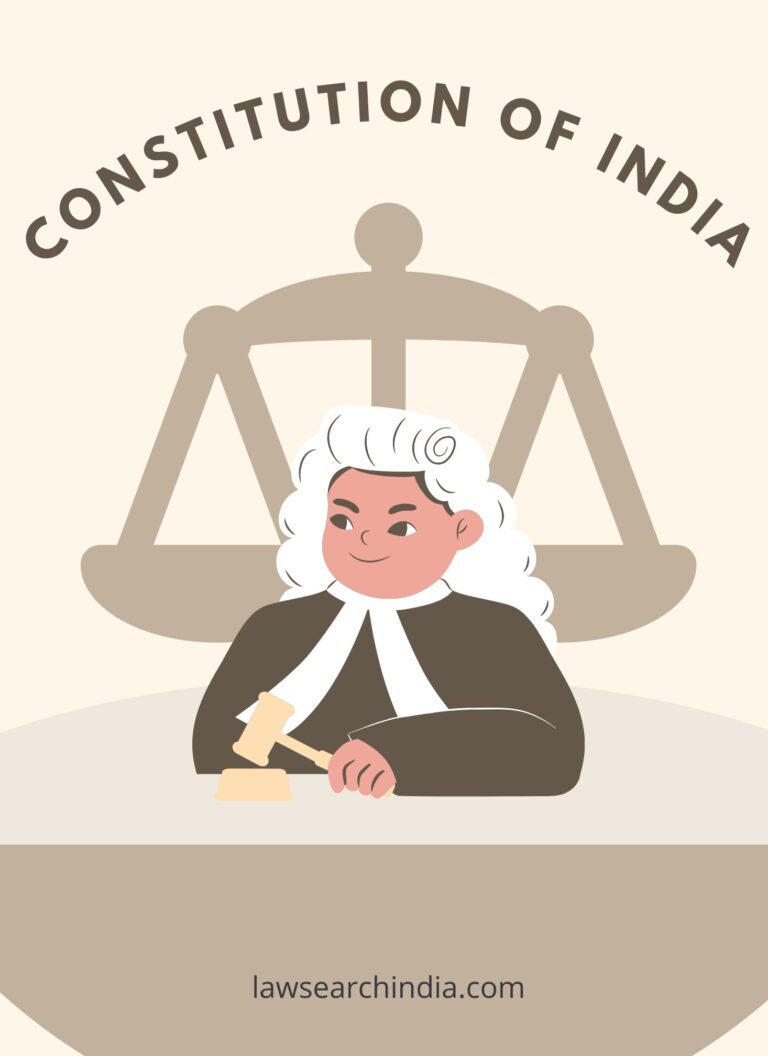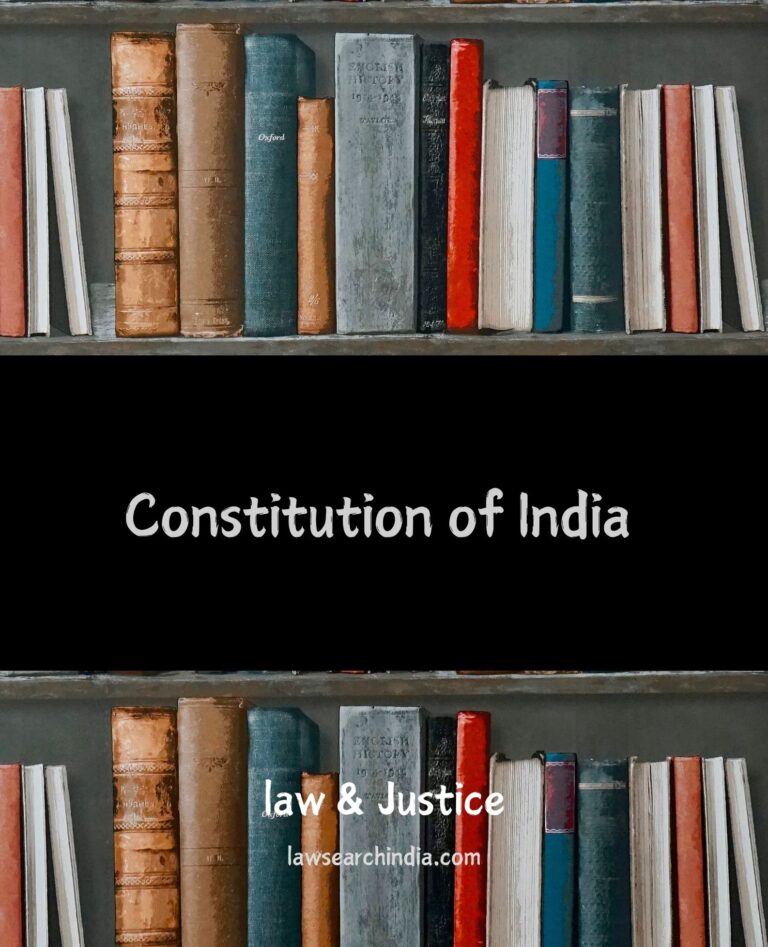COMPENSATION as remedy in WRIT
31…. The precious right guaranteed by Article 21 of the Constitution of India cannot be denied to convicts, undertrials or other prisoners in custody, except according to procedure established by law. There is a great responsibility on the police or prison authorities to ensure that the citizen in its custody is not deprived of his right to life.
32. The citizen complaining of the infringement of the indefeasible right under Article 21 of the Constitution cannot be told that for the established violation of the fundamental right to life, he cannot get any relief under the public law by the courts exercising writ jurisdiction. The primary source of the public law proceedings stems from the prerogative writs and the courts have, therefore, to evolve ‘new tools’ to give relief in public law by moulding it according to the situation with a view to preserve and protect the Rule of Law.


